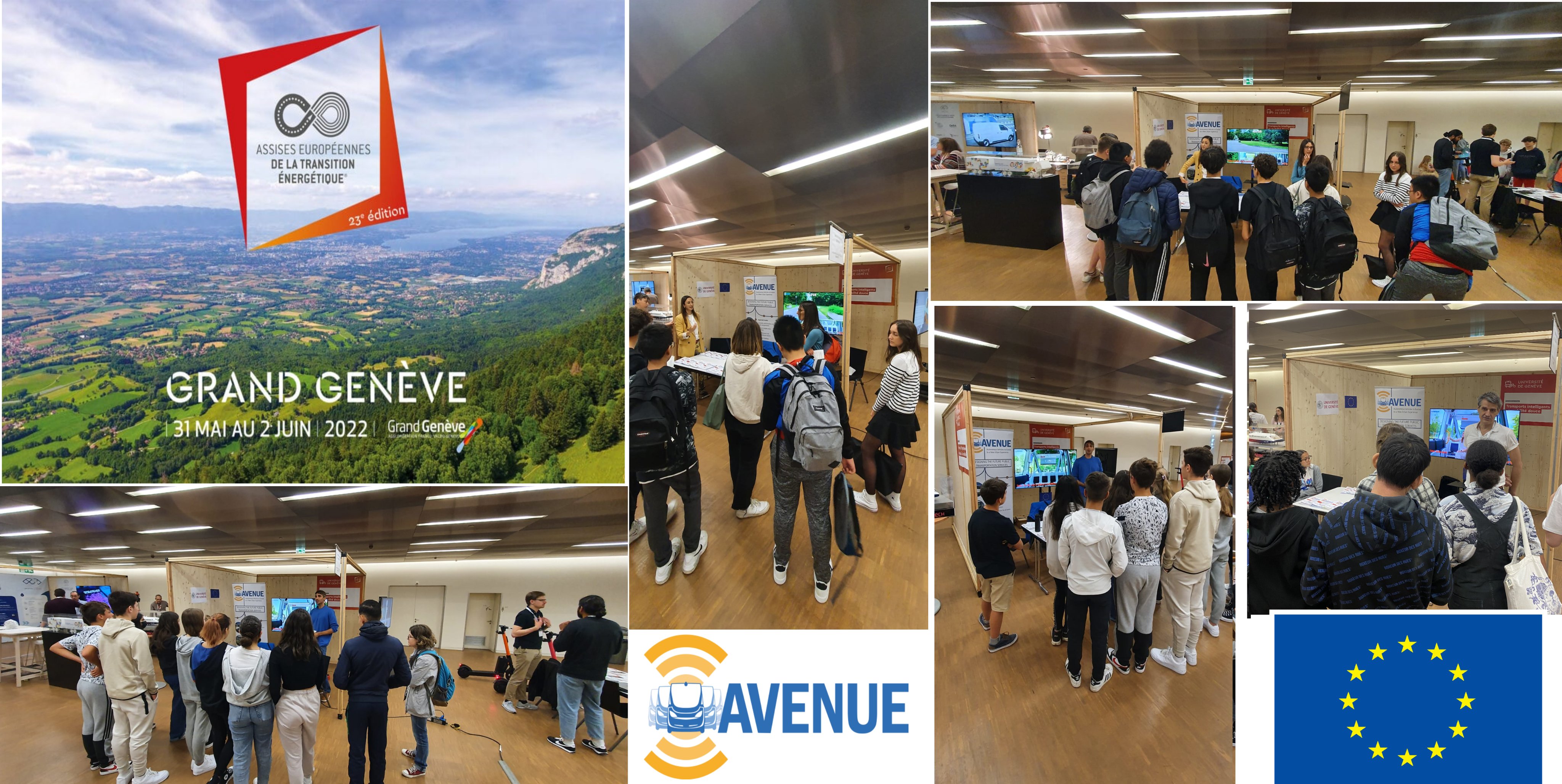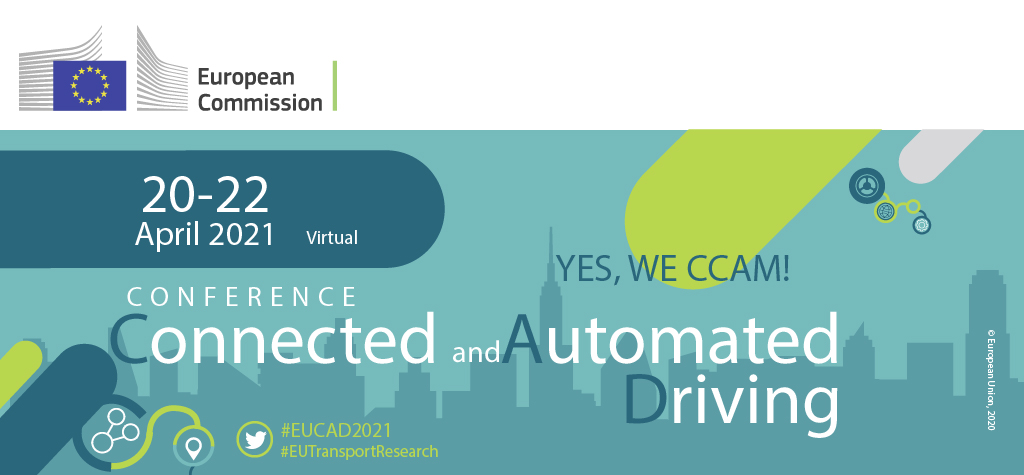Abstract: How to measure the impacts of shared automated electric vehicles on urban mobility? A scientific article, published in “Transportation Research Part D: Transport and Environment”, presents findings from the AVENUE project and proposes a method to measure the impacts of Shared Automated Electric Vehicles on mobility through a sustainability assessment. The arrival of new technologies and innovations on mobility, such as automated vehicles, creates opportunities to tackle urban challenges. The evaluation of the impacts of these innovations on the mobility system requires a comprehensive set of criteria and parameters. This article proposes a method to measure the impacts of Shared Automated Electric Vehicles (SAEV) on mobility through a sustainability assessment. Based on an integrative literature study and on the context of AVENUE, a European project deploying automated shuttles in the public transport of European cities, a set of indicators is defined. These mobility indicators assess the social, environmental, economic, governance, and technical impacts of SAEV. The multiple dimensions of the mobility indicators contribute to filling gaps of knowledge about the performance of SAEV. The proposed method allows an evaluation and comparison of SAEV to other means of transport and thus strengthens scientifically based recommendations for transportation policies.How to measure the impacts of shared automated electric vehicles on urban mobility? A scientific article, published in “Transportation Research Part D: Transport and Environment”, presents findings from the AVENUE project and proposes a method to measure the impacts of Shared Automated Electric Vehicles on mobility through a sustainability assessment.
How to measure the impacts of shared automated electric vehicles on urban mobility
Eliane Horschutz Nemoto, Roukaya Issaoui, Dorien Korbee, Ines Jaroudi, Guy Fournier
Journal: Transportation Research Part D: Transport and Environment
Date: 18 March 2021, DOI: 10.1016/j.trd.2021.102766
Download: Publisher’s version (Gold Open Access)











